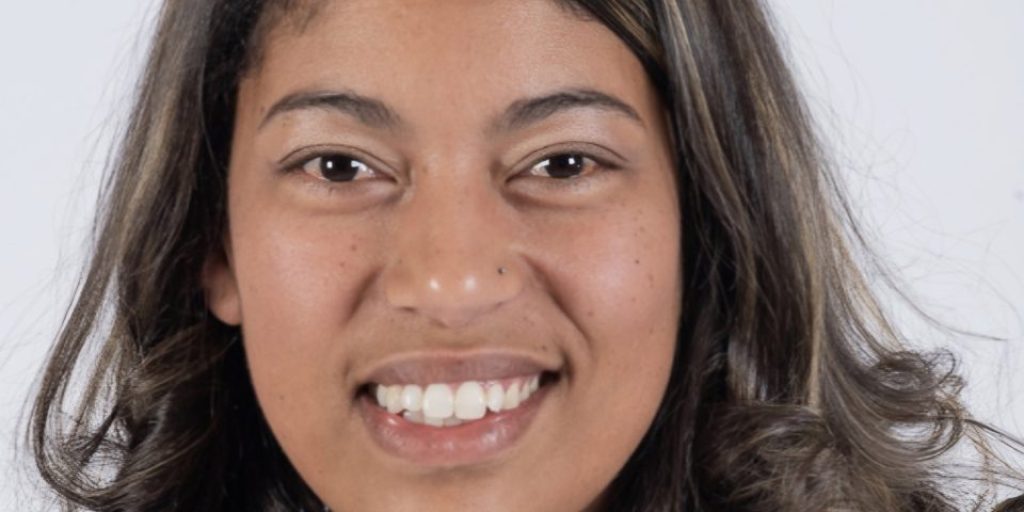Should the Press Council and the BCCSA merge?: a view from academia
Dr Taryn Isaacs de Vega is a Lecturer, Media Studies, and Journalism Media Studies 2 Co-ordinator at Rhodes University
This is the abstract for her PhD, earned at the University of South Africa (Unisa), in November 2023. Dr de Vega’s supervisor was Professor Julie Reid and Co-Supervisor, Professor Viola Milton.
Media accountability mechanisms in South Africa – a critical study of the regulatory bodies for print, broadcast and online media, and a model for regulation
This thesis investigates the effectiveness of the media-initiated regulatory institutions in South Africa.
Questioning ‘to what extent are the media accountability mechanisms (MAMs) in South Africa responsive and fit to regulate complaints on media conduct?’, evaluating the media councils’ functioning and fitness-for-purpose in the South African context, the comparative case study evaluates the Broadcasting Complaints Commission of South Africa (BCCSA) and the Press Council of South Africa.
The study explores the councils’ operations, records, organisational procedures, and mandates, drawing on textual and document analysis methods, and interviews with chairpersons, directors, and ombudspersons.
Adopting an audience-centred approach, the study centres the public complainants’ experiences of the institution through an in-depth analysis of the complaint’s resolution process.
The analysis is informed by observations of a selection of cases and supported by qualitative interviews with the core participants in the complaint’s resolution process; namely, the public complainant, the media respondent, and the regulatory adjudicator.
The study finds that, while the media councils operate and rule on complaints successfully, they may not be entirely fit-for-purpose within the current South African context.
The thesis proposes a set of structural and procedural considerations, offering a model of regulation which centres public participation, responds to digitalisation, and supports the collaboration of councils through cross-platform engagement.
The model also signals the value of developing media accountability systems and media accountability instruments in support of media councils and their mandate to raise media standards.
Theorising the relationship between the citizenry, the media and their accountability processes, the study examines media regulation as a public service and explores the notion of regulatory bodies as a public good.
The study further affirms the need for public participation and accessibility, noting these indicators of the institution’s fitness to serve its South African audience.




